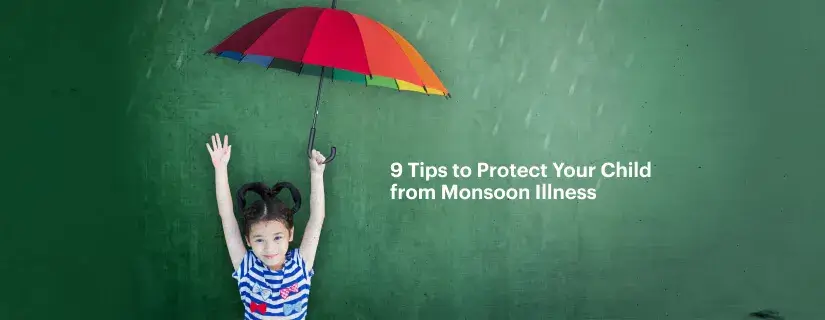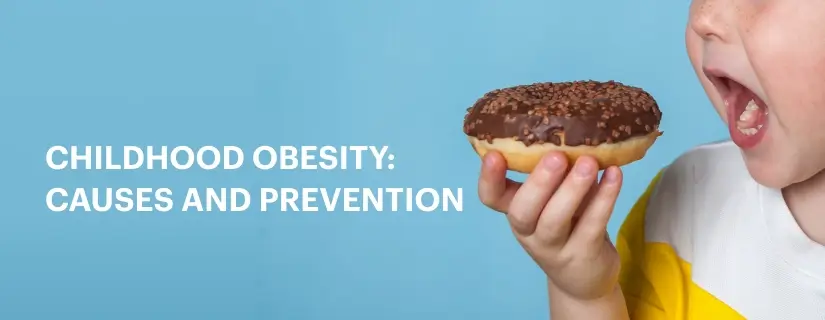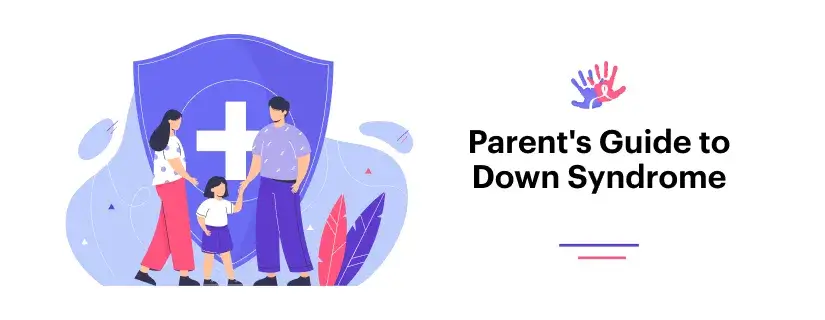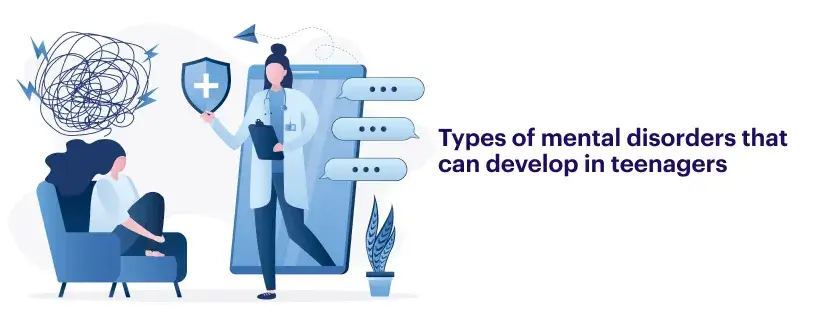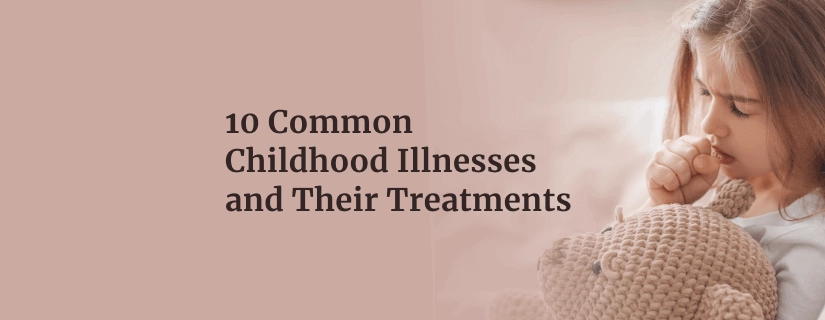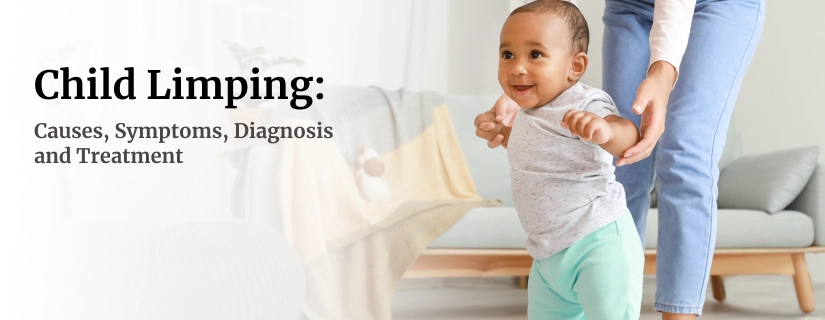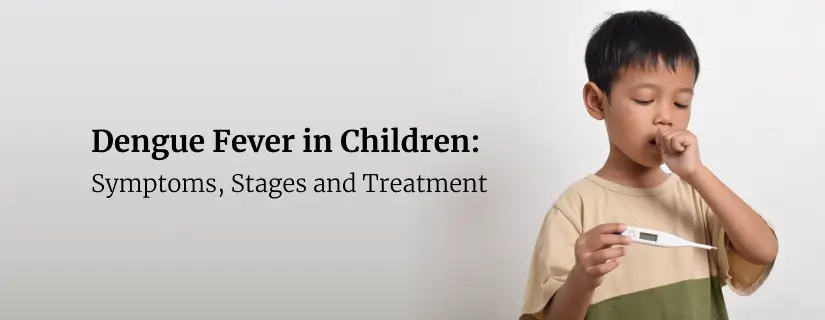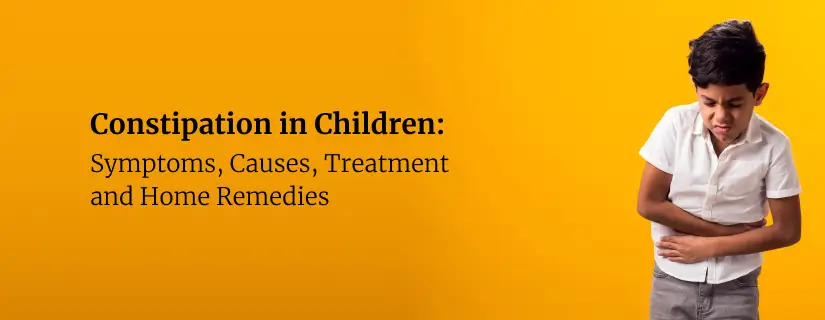-
Doctors
-
Specialities & Treatments
Centre of Excellence
Specialties
Treatments and Procedures
Hospitals & Directions HyderabadCARE Hospitals, Banjara Hills CARE Outpatient Centre, Banjara Hills CARE Hospitals, HITEC City CARE Hospitals, Nampally Gurunanak CARE Hospitals, Musheerabad CARE Hospitals Outpatient Centre, HITEC City CARE Hospitals, Malakpet
HyderabadCARE Hospitals, Banjara Hills CARE Outpatient Centre, Banjara Hills CARE Hospitals, HITEC City CARE Hospitals, Nampally Gurunanak CARE Hospitals, Musheerabad CARE Hospitals Outpatient Centre, HITEC City CARE Hospitals, Malakpet Raipur
Raipur
 Bhubaneswar
Bhubaneswar Visakhapatnam
Visakhapatnam
 Nagpur
Nagpur
 Indore
Indore
 Chh. Sambhajinagar
Chh. SambhajinagarClinics & Medical Centers
Book an AppointmentContact Us
Online Lab Reports
Book an Appointment
Consult Super-Specialist Doctors at CARE Hospitals
Pneumonia in Children: Causes, Symptoms and Treatment
Updated on 1 December 2022
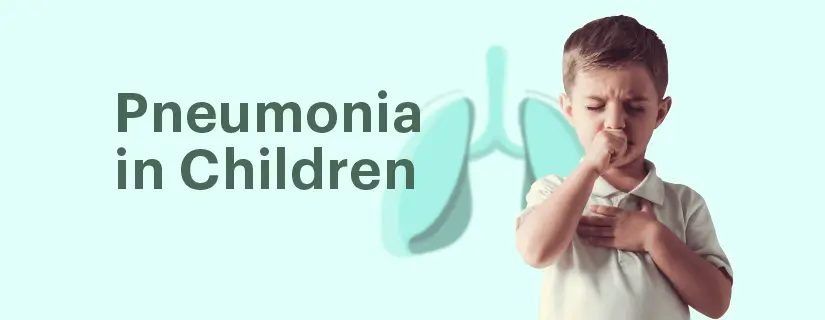
Table of Content
- What is Pneumonia in Children?
- What causes Pneumonia in a Child?
- Which Children are at Risk for Pneumonia?
- What are the common symptoms of Pneumonia in a Child?
- How is Pneumonia Diagnosed in a Child?
- What are the different types of Childhood Pneumonia?
- How is Pneumonia Treated in a Child?
- What are the Possible Medical Complications of Pneumonia in a Child?
- Prevention for Pneumonia
- When should I call my Child's Healthcare Provider?
- FAQs
Pneumonia is a common lung infection that makes it difficult for patients to breathe easily. This infection is caused by viruses, fungi or bacteria that cause the air sacs in the lung to fill with phlegm or mucous. It could be a deadly disease if not treated on time and with the right treatment. Here is what you should know when Pneumonia develops in children.
What is Pneumonia in Children?
Children are considered to be the most common victims of Pneumonia. Pneumonia infection can be mild or serious. Serious Pneumonia among children, especially those below five years of age, is a serious cause of concern. As per WHO statistics, Pneumonia is considered the single largest infectious cause of death in children globally. In 2019 alone, Pneumonia accounted for 14% of all child deaths under five years old.
What causes Pneumonia in a Child?
Bacteria or Viruses generally cause Pneumonia. This type of infection spreads fast and can quickly spread from one person to another. In some cases, Pneumonia can also be caused by certain types of fungi. The most common pathogens that cause Pneumonia are:
- Adenovirus
- Group B Streptococcus
- Influenza Virus
- Mycoplasma Pneumonia
- Parainfluenza Virus
- Respiratory Syncytial Virus (RSV).
- Staphylococcus Aureus
- Streptococcus Pneumoniae
- Fungi like Pneumocystis, Cryptococcus, or Aspergillus.
Which Children are at Risk for Pneumonia?
Although all children are usually the most common victims of Pneumonia, following we have mentioned the risk factors of pneumonia that only heighten the chances of them catching the infection:
What are the common symptoms of Pneumonia in a Child?
Common symptoms of Pneumonia in children are:
- Chills
- Pain while coughing
- Chest pain
- Cough that produces mucus
- Fast or hard breathing
- Fever
- Fussiness
- Headache
- Loss of appetite
- Tiredness (fatigue)
- Vomiting or diarrhoea
If you experience any of the above symptoms, consult your doctor before the infection worsens.
How is Pneumonia Diagnosed in a Child?
Doctors would usually check children with a persistent cough and cold for Pneumonia. The most common way to diagnose Pneumonia in children is by checking the child's appearance, breathing pattern, and vital signs. For further confirmation, a chest X-ray might be ordered along with blood tests. Additional ways that are useful in diagnosing Pneumonia in children are:
- Bronchoscopy
- Chest CT scan
- Pleural fluid culture
- Pulse oximetry
- Sputum culture.
What are the different types of Childhood Pneumonia?
Childhood pneumonia comes in different types depending on what causes it, where it affects the body, and how it shows up. The main types include pneumonia caused by viruses, bacteria, or other germs, each affecting children in specific ways.
- Viral Pneumonia: Caused by viruses like the flu or respiratory syncytial virus (RSV). It's common and can make breathing difficult.
- Bacterial Pneumonia: Caused by bacteria like Streptococcus pneumonia. This type can be more serious and needs antibiotics to treat.
- Aspiration Pneumonia: Happens when a child inhales food, liquids, or vomit into their lungs, leading to an infection.
- Atypical Pneumonia: Caused by different germs like Mycoplasma or Chlamydia. It can cause milder symptoms compared to bacterial pneumonia.
- Fungal Pneumonia: Caused by fungi like Pneumocystis jirovecii, usually seen in children with weak immune systems.
How is Pneumonia Treated in a Child?
Bacterial Pneumonia is often treated with a course of antibiotics. Most viral Pneumonia is supposed to heal on its own as there is no treatment available for them. In such a case, treatment is directed at relieving the symptoms rather than fighting the virus. In the case of fungal Pneumonia, treatment includes antifungal drugs, or in severe cases, surgical debridement might need to be done. If the infection is serious, the child may be admitted to the hospital. The treatment in the hospital would include the following.
Intravenous and/or oral Antibiotics:
- Breathing treatments
- IV fluids
- Oxygen therapy
- Suction to remove the mucous
Other Tested Methods:
Other ways that can help in relieving the symptoms at home and the hospital include:
- Taking Cough & Fever medication
- Humidifiers
- Intake of plenty of fluids
- Getting plenty of rest.
What are the Possible Medical Complications of Pneumonia in a Child?
The most severe complication of Pneumonia is that it affects breathing adversely. This can be life-threatening. Another complication associated with Pneumonia is that the bacterial infection may enter the bloodstream.
- Even with treatment, some individuals with pneumonia, particularly those at higher risk, may experience complications, including:
- Bacteria entering the bloodstream: Lung bacteria can spread through the bloodstream, potentially leading to organ failure.
- Breathing difficulties: Severe pneumonia or underlying lung conditions may cause oxygen intake issues, requiring hospitalization and ventilator use for recovery.
- Fluid buildup around the lungs: Pneumonia can trigger fluid accumulation between lung and chest tissue layers. If infected, draining through a chest tube or surgery may be necessary.
- Lung abscess: Pus accumulation in a lung cavity may form an abscess, often treated with antibiotics and sometimes requiring drainage through needle or tube insertion.
Prevention for Pneumonia
To prevent pneumonia:
- Get vaccinated: Vaccines are available to prevent certain types of pneumonia and influenza. Discuss vaccination options with your doctor, especially if guidelines have changed since your last vaccination.
- Ensure children are vaccinated: Children under 2 and those aged 2-5 at higher risk should receive specific pneumonia vaccines. Flu shots are also recommended for children over 6 months and those in group childcare settings.
- Practice good hygiene: Regular handwashing and using alcohol-based hand sanitizers can protect against respiratory infections that may lead to pneumonia.
- Maintain a strong immune system: Get sufficient sleep, exercise regularly, and eat a balanced diet to support overall health and immunity.
When should I call my Child's Healthcare Provider?
Pneumonia is a serious illness. Observe your child all the time and contact your healthcare provider immediately if the following symptoms persist or new symptoms as mentioned below appear:
- Persistent fever
- Breathing issues like difficulty in breathing, wheezing or grunting in sleep etc.
- Neck stiffness
- Swollen joints
- Trouble eating or drinking
- Overly lethargic
It is important to be aware and wary when it comes to your or your loved ones' health (especially children). Pneumonia is indeed a serious disease. However if your child contracts it, do not stress. Take the necessary precautions and follow the doctor’s instructions. Most children will recover in 2-4 weeks with proper treatment.
FAQs
1. How to prevent pneumonia in children?
Ans: To Prevent pneumonia in children:
- Ensure children receive recommended vaccinations, including pneumonia and flu vaccines.
- Practice good hygiene by encouraging regular handwashing.
- Avoid exposure to tobacco smoke and maintain a healthy lifestyle to support immune function.
2. What is walking pneumonia in children?
Ans: Walking pneumonia, also known as atypical pneumonia, is a mild form of pneumonia caused by certain bacteria or viruses. It typically causes milder symptoms compared to typical pneumonia but can still require medical attention and treatment.
3. Can azithromycin treat pneumonia in children?
Ans: Yes, azithromycin is an antibiotic commonly used to treat certain types of pneumonia in children caused by bacteria susceptible to this medication. However, the choice of antibiotic depends on the specific type and severity of pneumonia, and treatment should be prescribed by a healthcare provider.
4. Can pneumonia cause stomach pain in children?
Ans: Yes, pneumonia can sometimes cause abdominal (stomach) pain in children, especially if the infection affects the lower lobes of the lungs. This pain may occur due to irritation of the diaphragm (the muscle separating the chest and abdomen) or referred pain from the lungs.
5. How contagious is pneumonia among children?
Ans: Pneumonia can be contagious, especially when caused by infectious agents like bacteria or viruses. The contagiousness depends on the specific cause of pneumonia. Some types of pneumonia, such as those caused by viruses like respiratory syncytial virus (RSV), adenovirus, or influenza, are highly contagious and can spread easily among children through respiratory droplets. Bacterial pneumonia may also be contagious but typically requires closer contact for transmission.
ENQUIRY FORM
SELECT CATEGORIES
-
Neurosciences (16)
-
Neurology (37)
-
Neurosurgery (14)
-
Orthopaedics (48)
-
Oncology (33)
-
Obstetrics and gynecology (51)
-
Pulmonology (23)
-
Urology (20)
-
Nephrology (13)
-
Psychiatry (7)
-
Dietetics and Nutrition (111)
-
General Medicine (63)
-
Cardiac Sciences (30)
-
Vascular & Endovascular Surgery and Interventional Radiology (10)
-
Gastroenterology (46)
-
Endocrinology (23)
-
Plastic Surgery (10)
-
Critical Care Medicine (5)
-
COVID-19 (16)
-
Dermatology (16)
-
Emergency Care (1)
-
Ophthalmology (4)
-
Pediatrics (14)
-
Laparoscopic and Bariatric Surgery (8)
-
ENT (15)
-
Kidney Transplant (1)
-
Liver Transplantation and Hepatobiliary Surgery (5)
-
General Surgery (3)
-
Internal Medicine (5)
-
Medicine Information
Important Newborn Care
How Can I Improve My Child's Eating Habits?
YOU MAY ALSO LIKE
RECENT BLOGS
-

Direct Anterior Approach in Total Hip Replacement: Advantages and Challenges
10 April 2025
Read More
-

Zinc Deficiency: Signs and Symptoms, Causes, Treatment
9 April 2025
Read More
-

Chest Pain When Coughing: Causes, Treatment and Home Remedies
9 April 2025
Read More
-

12 Health Benefits of Eating Mushrooms
8 April 2025
Read More
-

7 Health Benefits of Blood Donation You Should Know About
8 April 2025
Read More
-

Implantation Bleeding Vs Periods: Know the Difference
28 February 2025
Read More
-

Bloating During Ovulation: Symptoms, Causes and Remedies
28 February 2025
Read More
-

Itching During Dengue: Causes, Treatment and Home Remedies
18 February 2025
Read More
Have a Question?
If you cannot find answers to your queries, please fill out the enquiry form or call the number below. We will contact you shortly.




